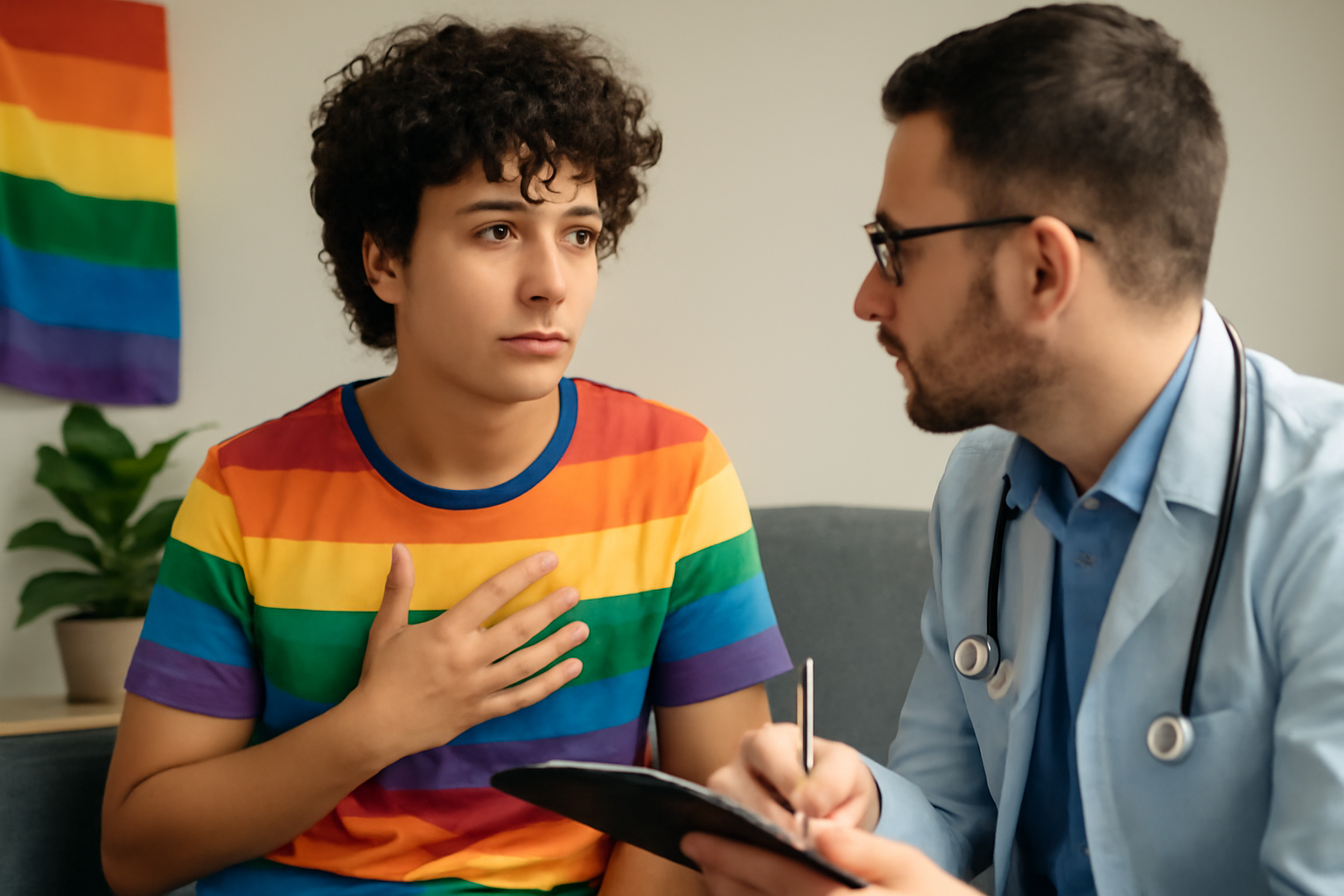
The issue of mental health equity has long been a concern for marginalized communities, including the LGBTQ+ community. Despite progress in some areas, significant barriers remain that prevent equal access to mental health care and support. Breaking down these barriers is crucial not only for improving individual well-being but also for fostering a more inclusive society. In this article, we explore the challenges faced by LGBTQ+ individuals in accessing mental health care and discuss ways in which these barriers can be dismantled.
Understanding the Unique Challenges
LGBTQ+ individuals often face unique stressors that can contribute to mental health challenges. These stressors include discrimination, stigma, and a lack of understanding or acceptance from family, friends, and society at large. As a result, LGBTQ+ individuals are at a higher risk for mental health issues such as anxiety, depression, and substance abuse.
Furthermore, many LGBTQ+ individuals encounter discrimination within the healthcare system itself. This can manifest as insensitive comments, refusal of care, or a lack of providers who are knowledgeable about LGBTQ+ health issues. These experiences can lead to a reluctance to seek care and a general mistrust of healthcare providers.
Barriers to Access
One of the most significant barriers to mental health care for LGBTQ+ individuals is the lack of culturally competent providers. Many healthcare professionals have not received adequate training in LGBTQ+ health issues and may lack the knowledge needed to provide appropriate care. This can result in misdiagnosis, inappropriate treatment, or a failure to recognize the specific needs of LGBTQ+ patients.
Another barrier is the lack of access to affordable care. Many LGBTQ+ individuals, particularly those who are transgender, face economic disparities that make it difficult to afford mental health services. Additionally, some insurance policies do not cover the specific needs of LGBTQ+ individuals, such as hormone therapy for transgender people, further limiting their access to necessary care.
Steps Towards Equity
To address these issues, several steps can be taken to improve mental health equity for LGBTQ+ individuals. First and foremost, increasing awareness and education about LGBTQ+ health issues among healthcare providers is essential. Training programs and continuing education courses can help ensure that providers are equipped to meet the needs of LGBTQ+ patients.
Additionally, policy changes at the institutional and governmental levels can help reduce economic barriers. Expanding insurance coverage to include essential services for LGBTQ+ individuals and implementing anti-discrimination policies in healthcare settings can make a significant difference.
Community Support and Advocacy
Community support plays a crucial role in advancing mental health equity. LGBTQ+ organizations and advocacy groups can provide resources, support networks, and information to individuals in need. These organizations often offer counseling services, support groups, and educational materials that can help individuals navigate the challenges they face.
Furthermore, advocacy efforts can bring about broader societal change by raising awareness of the issues facing LGBTQ+ individuals and lobbying for policy changes that promote inclusivity and equity.
Conclusion
Achieving mental health equity for LGBTQ+ individuals is a complex challenge that requires a multifaceted approach. By addressing the unique stressors faced by this community, breaking down barriers to access, and fostering a supportive environment, we can work towards a more inclusive and equitable healthcare system. It is only through these concerted efforts that we can ensure that all individuals, regardless of their sexual orientation or gender identity, have access to the mental health care they need and deserve.
Related Posts
Triumphant Trans Woman Wins Legal Battle and Inspires Others to Stand Up for Their Rights
Breaking new ground: a landmark victory in transgender rights After battling in courtrooms and enduring endless challenges, Diana Portillo, a transgender woman, has secured a monumental victory in her decade-long fight against workplace discrimination. The result? Nearly $1 million awarded in a historic settlement. But this isn't just a win on paper—it represents a powerful precedent in combati [...]
Pride Month in Latin America: Protests and Demands for Equality
**Celebrating Pride and advocating LGBTQ+ rights in Latin America** Pride Month in Latin America was a lively mix where celebration met activism. Communities united, not just throwing a party but making a stand—demanding equality and pushing governments toward better protection and rights recognition. Throughout Latin America, pride events erupted in marches and cultural displays, each with a c [...]
Transgender Erasure Actions Implemented by National Park Service
```html Trump administration's impact on national park service and transgender recognition The Trump administration made notable moves in undermining transgender representation, which included directing agencies like National Park Service not include "T" and "Q" when they refered “LGBTQ” in any official communication. This move seems part a broader plan by this administration aimed at reducin [...]